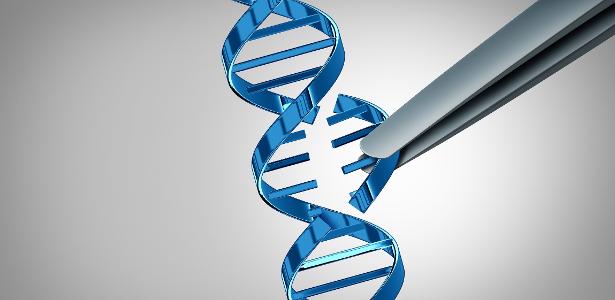
WHO seeks to avoid deviations in the manipulation of the human genetic code in the light of advances in science and to ensure that the advance benefits the greatest number of people through a series of recommendations published this Monday (12) .
The Chief Scientist of the World Health Organization emphasized, “As research increasingly traces the human genome, we must reduce the risks and develop the way in which science can lead to better health for all around the world.” Must take advantage.” Soumya Swaminathan.
The implementation of tools like the Crisp/Cas9 molecular scissors, which won the 2020 Nobel Prize in Chemistry to French Emmanuel Charpentier and American Jennifer Doudna, completely revolutionized genome manipulation, creating new approaches, but for Pandora The box opened. The experiments are potentially dangerous.
In 2018, a Chinese researcher caused a stir in the world by introducing genetically modified children to be resistant to the HIV virus. AIDS, said Dr. Swaminathan as an example of possible variations.
After this WHO formed a committee, which started its work on Monday.
When, in June 2019, a Russian researcher, Denis Rebrikov, spoke of his intention to carry out similar manipulation, the WHO called for an end to research into the modification of the inherited human genome.
The committee also asked the UN body to expand its international registry of clinical trials regarding editing of the human genome and create a specialized one for monitoring pre-clinical research, so that it can advance work. Can you
The committee recommends that national and regional authorities facilitate surveillance work by categorizing clinical trials, which involve editing the human genome with specific keywords, which facilitates their tracking and evaluation. Establishes mechanisms that allow them to detect diagnostic tests that may be causing trouble.



